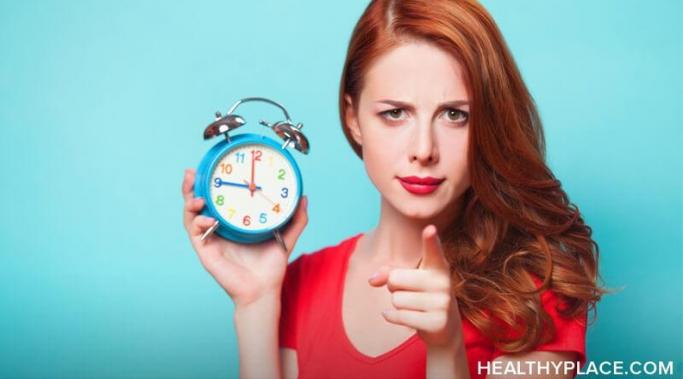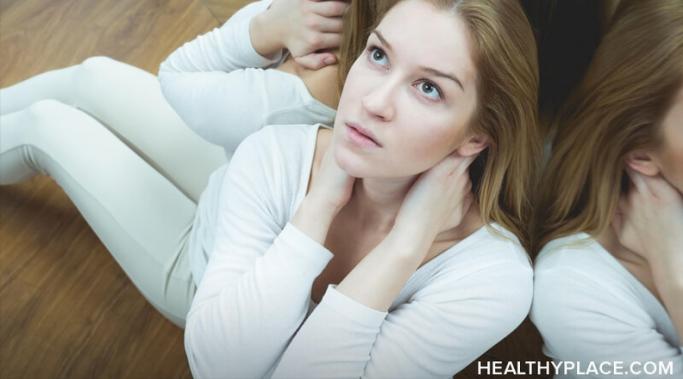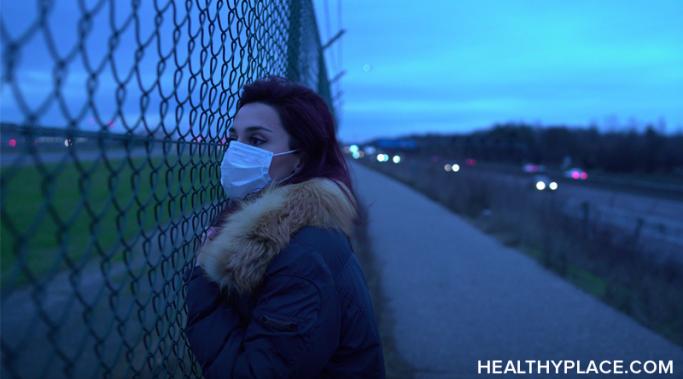Blogs
Physical health and mental health aren't separate concepts. Body, brain (the physical organ), and mind (our thoughts, feelings, sense of self, and much more) are deeply interconnected. To care for one requires us to care for the others, and by tending to all of them, we can function well despite any obstacle in our path--including anxiety. Use these four simple health tips to keep your whole self healthy so you can stay calm despite anxiety.
Some of you may have noticed that I took a break from blogging throughout most of August and the beginning of September. Last month, I made the conscious decision to walk away and take a break for the benefit of my mental health.
It's time to talk about ADHD and hoarding, mental disorders that often go hand-in-hand, even in childhood. In one study of 155 people ages four to 82, 41.9 percent of subjects with ADHD displayed hoarding tendencies, and other studies have produced similar findings. So if you're raising a child with ADHD like mine who tends to hoard things, you aren't alone.
Your journey to stronger self-esteem can take as little as 10 minutes each day. If you feel you have poor self-esteem but don't know what to do about it, try this simple exercise that takes five minutes in the morning and five before bed. Simply by committing to this small amount of time on yourself, you are building healthier self-esteem.
November 28, 2014, I made the hardest decision of my life. I left my husband and son so I could get well. I'd been sick for almost four years with what started as prenatal depression and ended as the deepest, darkest postpartum depression I could imagine. I experienced constant daily suicidal ideation for years. When I lost my ability to eat and sleep, I reached the end of my resiliency. (Note: This post contains a trigger warning.)
In this video blog, I'm sharing my tips for grocery shopping in eating disorder recovery. I know how stressful shopping for food can be for those of us in eating disorder recovery, particularly people in early recovery who are still trying to form healthy, nurturing relationships with food. Over the last decade, however, I've developed some strategies to make grocery shopping not only easier but even a source of joy.
I worry that my brother will die by suicide. Even typing those words feels frighteningly intimate because this very real fear is an unspoken one in our family. (This post contains a trigger warning.)
I’m Sarah Sharp, new author of “Life with Bob.” When I met my husband six years ago, I knew he had attention-deficit/hyperactivity disorder (ADHD), and I knew it was genetic. I didn’t know what that would mean for me as the mother of his child, though, until I had our little boy, who also has ADHD.
I am Annabelle Clawson, a new author for Mental Health for the Digital Generation. I was diagnosed with major depressive disorder and generalized anxiety disorder a couple of years ago. Looking back, I can see that I’ve struggled with mental illness for most of my life. My battle with it is far from over, but I’ve learned to be okay with that reality. I’ve found that leaning into it has helped me develop resilience, and I am excited to elaborate on that journey here at HealthyPlace.
While these past several months of social distancing have been necessary to help contain the global pandemic, this continued isolation can adversely impact mental health. That is true for conditions across the mental illness spectrum, but I am particularly concerned about eating disorders and suicidal thoughts in the climate of COVID-19. (Note: This post contains a trigger warning.)









